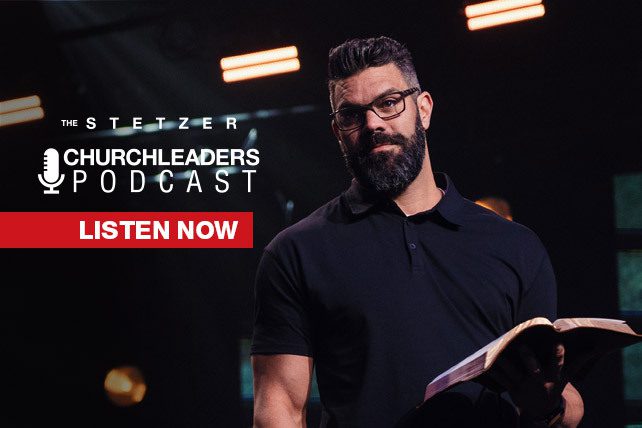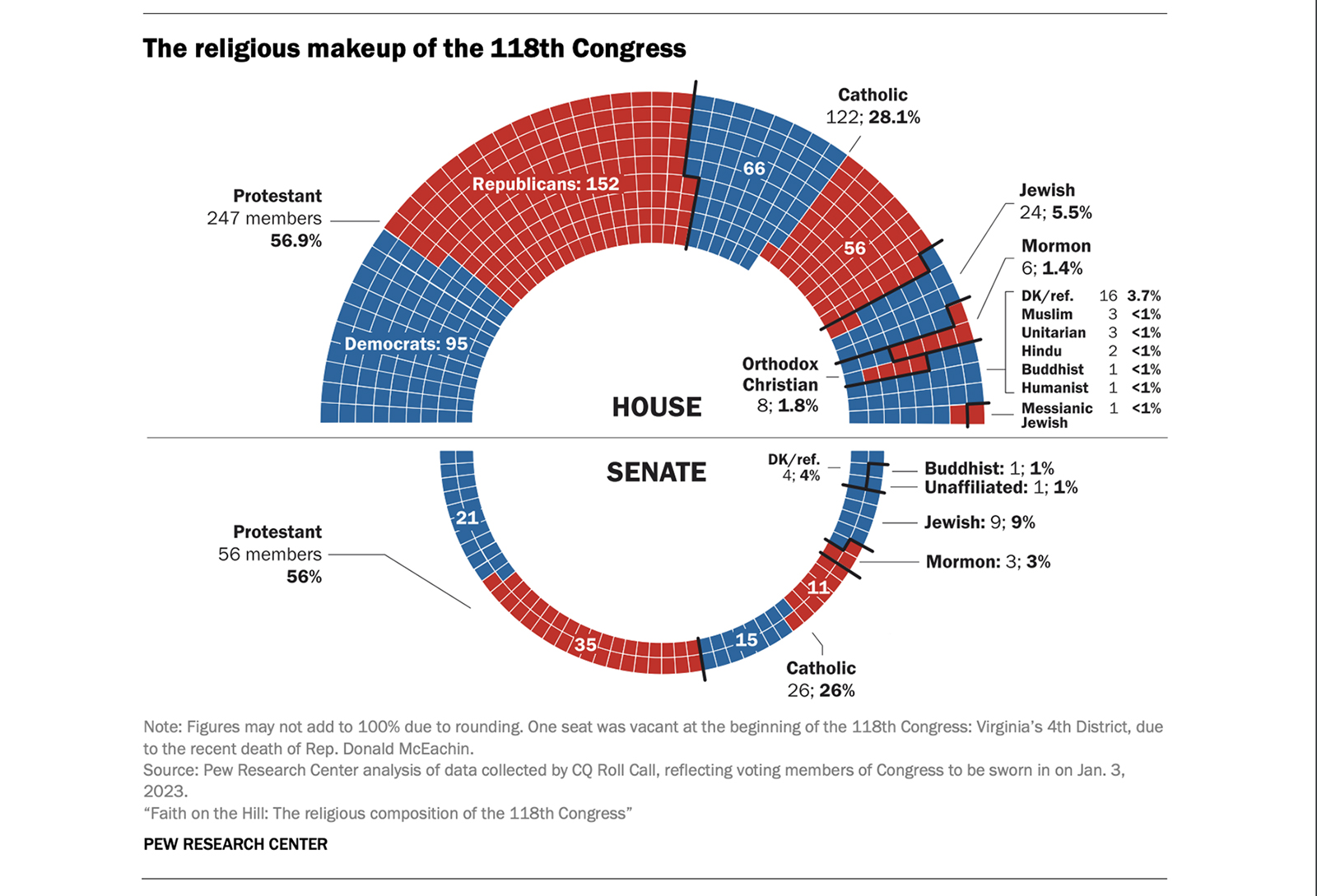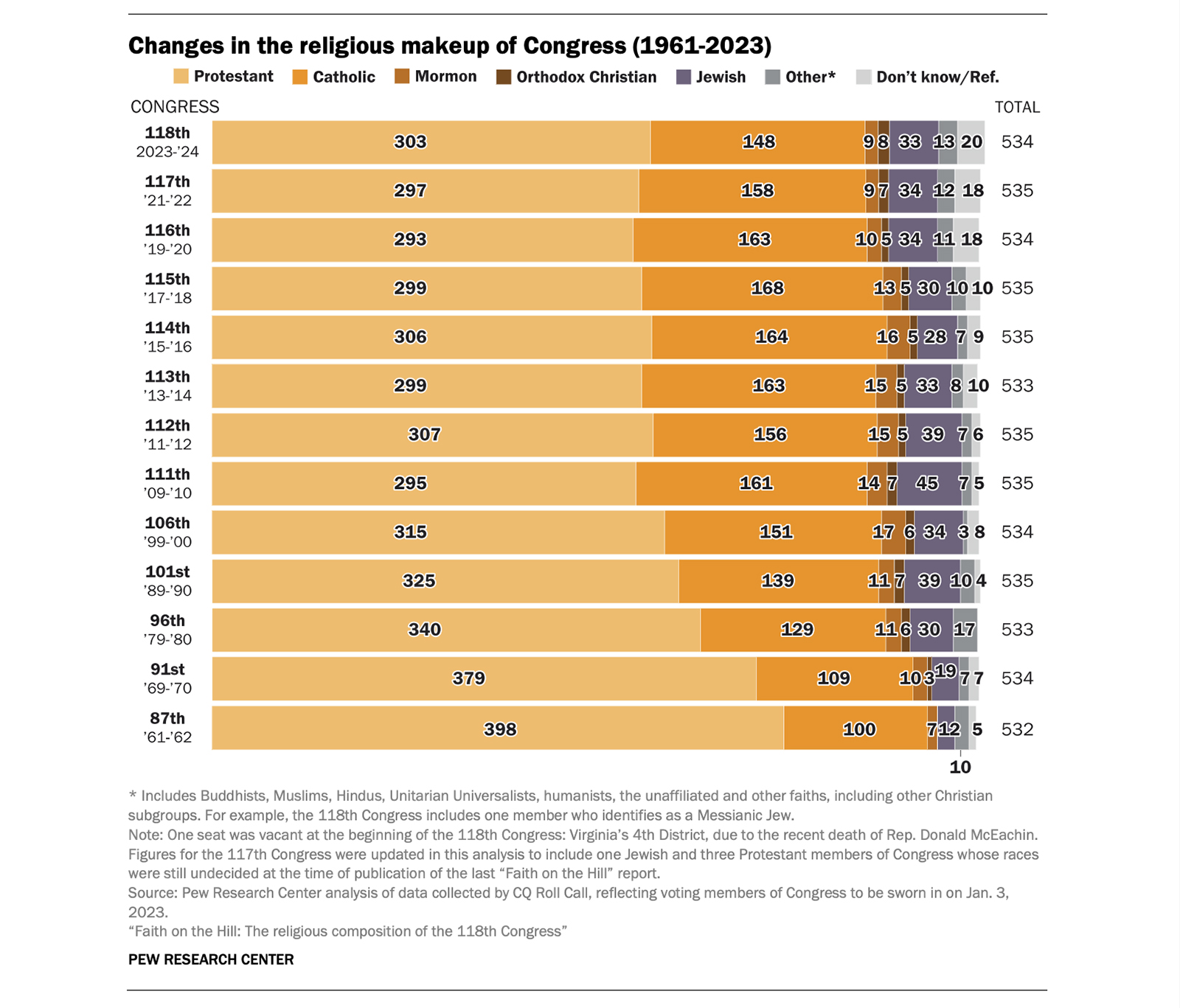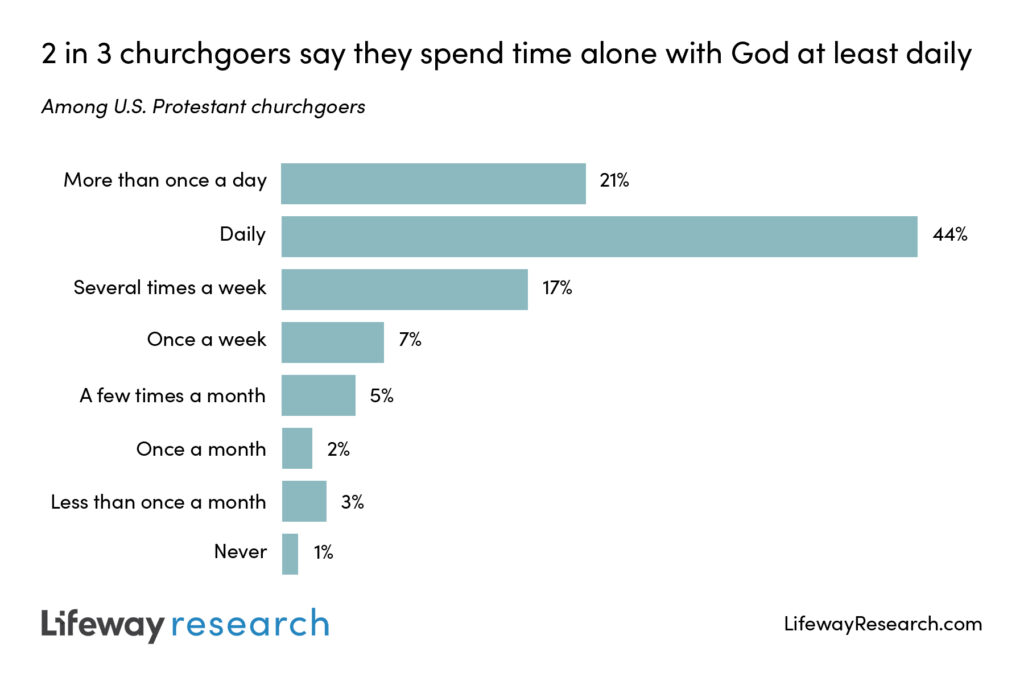British rapper M.I.A., known for her singles “Bad Girls” and “Paper Planes,” has become a born-again Christian after having a vision of Jesus. The artist, whose real name is Mathangi “Maya” Arulpragasam, spoke out recently against people who have been critical of this spiritual change.
“The fact that the biggest back lash [sic] in my career and life I’m facing after saying ‘Jesus is real’ is such a revelation to me,” Arulpragasam tweeted Dec. 28. “People who control these apps rather me be a bad girl, [than] a good one.”
The fact that the biggest back lash in my career and life I’m facing after saying “Jesus is real” is such a revelation to me. People who control these apps rather me be a bad girl , then a good one.
— M.I.A. (@MIAuniverse) December 28, 2022
M.I.A.: ‘It Was Jesus’
Mathangi Arulpragasam was born in London, England, to parents of Sri Lankan Tamil heritage. Her parents moved back to Sri Lanka when she was six months old, but when she was 11, the family returned to London as refugees due to the Sri Lankan Civil War. The war has heavily influenced M.I.A.’s work, and defining themes of her music include resisting excess, economic inequality, and unity among all people.
M.I.A. is notable for being one of the earliest artists to become known through the internet. She has released a total of six albums at this point in her career, the latest of which was “Mata” in October 2022. In 2009 she was nominated for an Academy Award for the song, “O…Saya,” which was on the soundtrack of the film “Slumdog Millionaire.” The single “Paper Planes,” also on the soundtrack, was an international success, making Top 20 charts in multiple countries and rising to the fourth position in the U.S. on the Billboard Hot 100.
In an interview with Apple Music’s Zane Lowe, Arulpragasam shared that in 2017, she had “a weird spiritual experience.” She was in the Caribbean when, she says, “I had a vision and I saw the vision of Jesus Christ…it’s a very crazy thing because it turned my world upside down. Because everything I thought and believed was no longer, like, the case. And I think that was maybe a sign that something major was going to happen in the world, you know, and that people were needing to be introduced to this concept.”
When Lowe asked Arulpragasam if she is now a born-again Christian, she responded, “I am. I’m not going to lie…even if it costs me my career, I won’t lie. I will tell the truth, and I will tell you what’s on my mind and my heart.”
Lowe pointed out there are people who will rationalize Arulpragasam’s experience, explaining it with scientific instead of supernatural reasons. She responded that she was not using drugs when she had the encounter with Jesus and that she was not even interested in the Christian God.
“I was very comfortable in Hinduism at the time it happened. Like, I loved it,” said Arulpragasam. She says she does not know why the vision happened, but speculated, “Maybe there was just enough Christians praying for me.”
At one point in the interview, Lowe observed that “fundamentalist” religion comes with rules and requirements, and he questioned whether Arulpragasam would have to comply with those. The rapper countered that there are extremes in every area of life, including music, and implied that she will attempt to avoid such extremes when it comes to her religious beliefs. “I think this is going to be my journey for a while,” she said.































